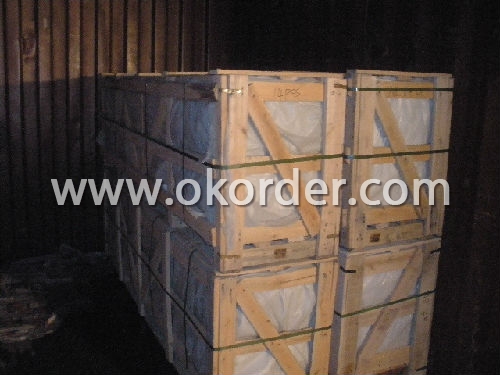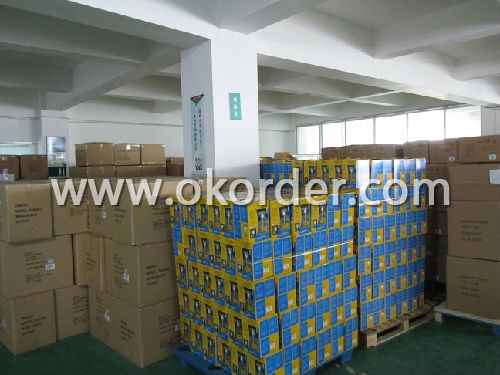Loading Port:China Main Port
Payment Terms:TT or L/C
Min Order Qty:USD3000 roll
Supply Capability:30 days/20' roll/month
Applications Of Double Sided PET Tape DSPET-90H For Industry:
1. Courier envelope sealing, flying splice operations on papers and cardboard, leather and fabric bonding and positioning in shoe and baggage industry, sheet fixing and bonding in toy industry, stationery, advertisement, computer embroidery, packaging and foam laminating.
2. The products should be stored at room temperature and be kept away wet and/or heat source.
3. It is essential, as with all pressure-sensitive tapes, that the surface to which the tape is applied must be clean, dry, and free of grease and oil.
4. The users should take test and do trial-application on the above products before coming into application so as to witness and ensure suitability for their special purpose and technique.
5. Special requirements will be satisfied after communications.
CONSTRUCTION Of Double Sided PET Tape DSPET-90H For Industry:
Carrier: PET film, 25 micron
Adhesive: Solvent based acrylic
Liner: Silicone release PE-coated paper, white colour.
TYPICAL PHYSICAL PROPERTIES Of Double Sided PET Tape DSPET-90H For Industry:
Total Thickness (adhesives + PET film): 90 ± 5 micron
Initial Tack (14# steel ball): ≤100 mm
Peel Adhesion (Kg/25mm): 1.4 ± 0.2 Kg
Holding power: ≥ 200 min
PACKING Of Double Sided PET Tape DSPET-90H For Industry:
Core I.D.: 3” (76mm± 1)
Jumbo Roll:1.02 / 1.24 x 1000m
Packaging:Wrapped with corrugated cardboard.
Cut Roll: roll width 3mm up
Handing and Storage Of Double Sided PET Tape DSPET-90H For Industry:
Handling procedures:Caution with edge of sheet. After using this sheet, wash hands.
Storage procedures:Keep dry and cool and away from direct sunlight for quality.
Stability and Reactivity Of Double Sided PET Tape DSPET-90H For Industry:
Chemical Stability: Stable and non-reactivity
Conditions to Avoid: Away from high temperature
Incompatibility with various substances:specific materials/condition to avoid.
Hazardous Decomposition Products:Thermal decomposition will produce mainly C02,and slightly CO.
Hazardous Polymerization:Can not occur

